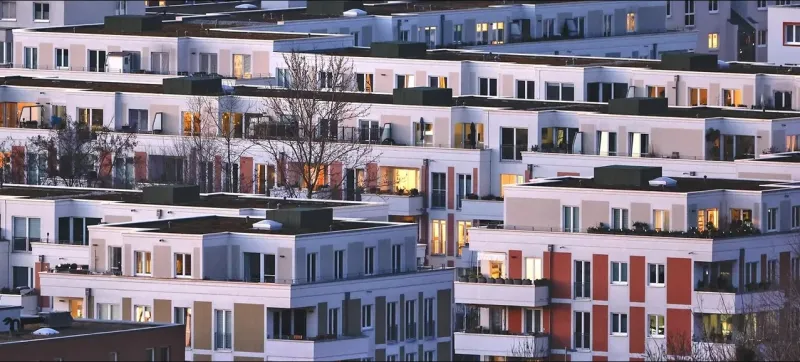Economists expect real estate prices to rise sharply over the next ten years. According to a joint survey by the Munich Ifo Institute and the Institute for Swiss Economic Politics, they are likely to grow by an annual average of nine percent globally. The research institutions interviewed 1,405 experts from 133 countries.
Growth of 7.2 percent is expected in Germany, 6.9 percent in Austria and 4.8 percent in Switzerland. "The increase in real estate prices is being driven more by demand than by supply factors," said Ifo researcher Timo Wochner.
Reasons for price increases
Rising standards of living, higher incomes, the desire for more living space and population growth are driving demand in the real estate market worldwide, as stated by 37 percent of the experts surveyed. In addition, the increasing tendency to work from home plays a role.
"Supply factors such as limited production capacities, higher prices for building materials and a lack of building land are responsible for rising real estate prices for 27 percent of the experts," said Wochner. Twelve percent of those surveyed see the monetary policy of the central banks, inflation, and government policy as drivers of the expected price increases.
Regional differences
While price increases in Western Europe and North America are expected to remain below the global average at 6.4 percent and 7.7 percent, respectively, significantly higher growth rates of 18.4 percent and 14.9 percent are expected in Southern and Eastern Europe. Real estate prices could rise particularly sharply in South and West Asia (25.1 percent and 22.4 percent respectively) and in Central America (24.4 percent).
Nominal values, i.e., values not adjusted for inflation, were given. "The real growth rates will be lower," said Ifo researcher Philipp Heil. In Germany, house prices have already risen by more than 81 percent over the past ten years. "This trend will probably continue," said Heil. In Austria it was even 95 percent, in Switzerland 44 percent.




